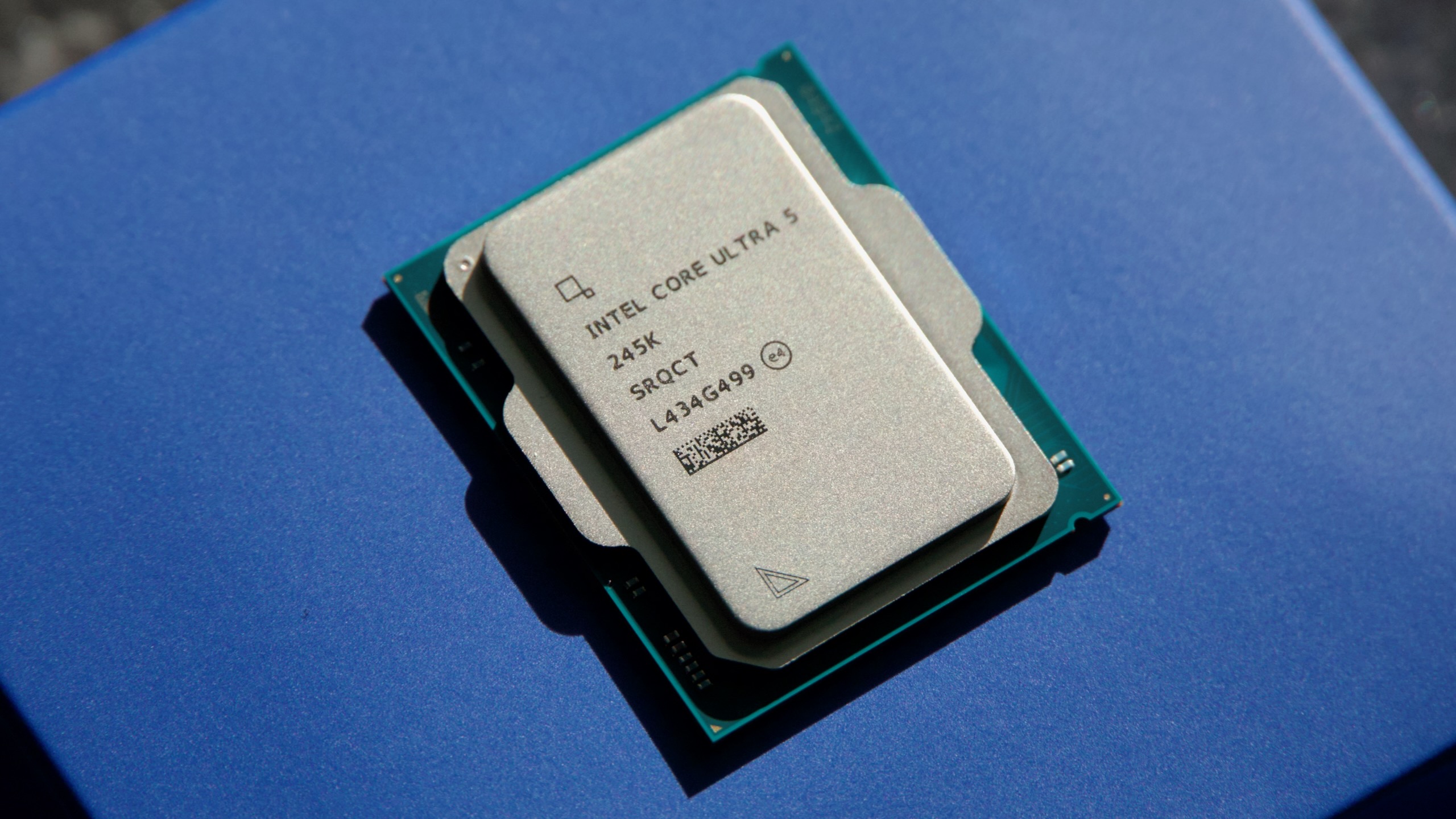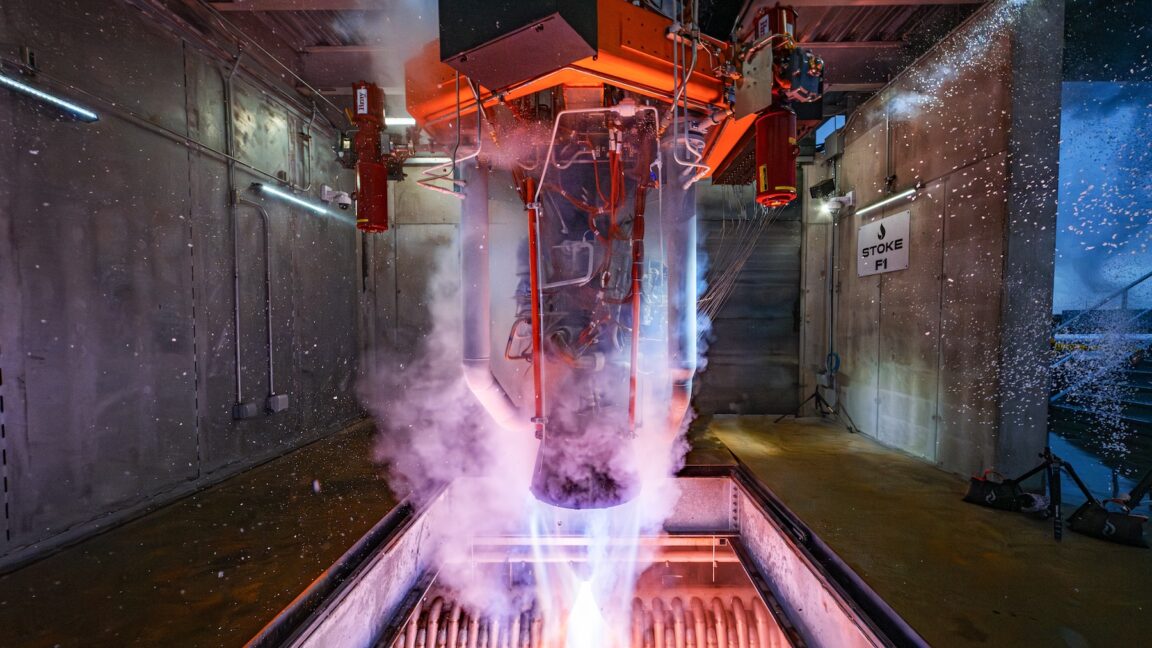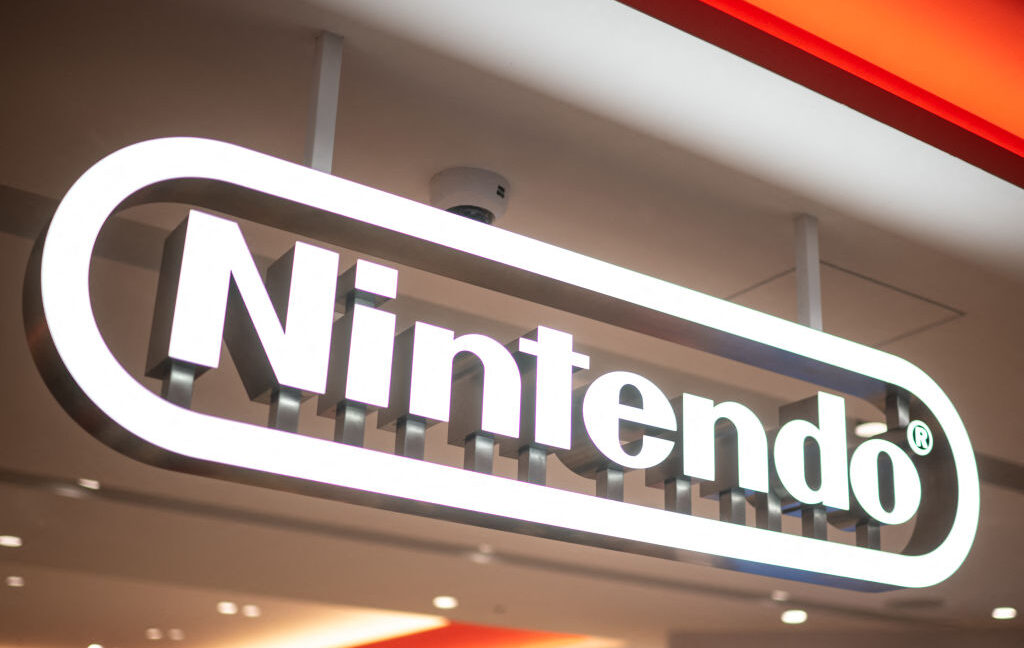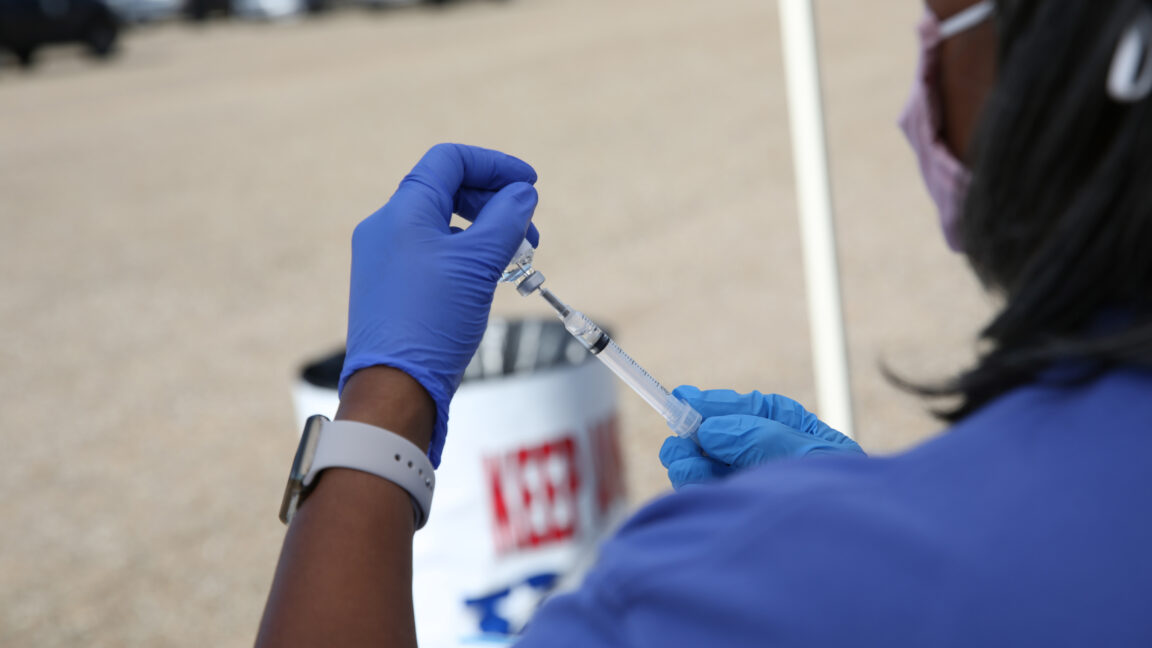Intel is testing BIOS updates to fix performance of its new Core Ultra 200S CPUs

Intel's Core Ultra 200S desktop processors—the company's biggest overhaul of its desktop platform since 2021—consume less power and run a lot cooler than the company's 13th- and 14th-generation Core CPUs. However, early reviewers found that the processors sometimes struggled to match, let alone beat, those older desktop CPUs in some tasks. This was particularly true for games, and people who build their own gaming PCs are a key constituency for these kinds of brand-new high-end chips. Intel quickly blamed optimization issues for some of the problems, promising performance fixes sometime later in November or December, and the company has outlined the first batch of fixes in a lengthy support document. Of the five identified problems, Intel says it has fixed four; users can get those updates by installing Windows 11 24H2 build 26100.2161 or higher, updating their motherboard's BIOS to the latest version. Non-performance-related blue screens related to Epic's Easy Anti-Cheat software have also been resolved, and users should update to the latest version if they're still having issues. The performance problems resolved via the Windows update are both related to a missing power plan specific to the Core Ultra processors—Intel didn't have those power plans ready for reviewers, who did all their testing using the generic power profiles provided with Windows. Intel said that this by itself could reduce performance by between 6 and 30 percent, depending on the software. Without tuned power profiles, a separate but related feature called the Intel Application Performance Optimizer (APO) couldn't kick in, reducing performance by between 2 and 14 percent. Current BIOS updates for motherboards contain optimized performance and power settings that "were not consistently toggled" in early BIOS versions for those boards. This could also affect performance by between 2 and 14 percent. The fifth and final fix for the issues Intel has identified is coming in a later BIOS update that the company plans to release "in the first half of January 2025." The microcode updates in that BIOS update should provide "another modest performance improvement in the single-digit range," based on Intel's performance testing across 35 games. When that microcode update (version 0x114) has been released, Intel says it plans to release another support document with more detailed performance comparisons. If a long Intel support document detailing a multi-stage series of fixes for elusive performance issues is giving you deja vu, you’re probably thinking about this other, more serious problem with 13th- and 14th-generation Core CPUs from earlier this year. In that case, the issue was that the CPU could request more voltage than it could handle, eventually leading to degraded performance and crashes. These voltage requests could permanently damage the silicon, so Intel extended the warranties of most 13th- and 14th-gen Core CPUs from three years to five. The company also worked with motherboard makers to release a string of BIOS updates to keep the problems from happening again. A similar string of BIOS updates will be necessary to fix the problems with the Core Ultra 200S chips.









